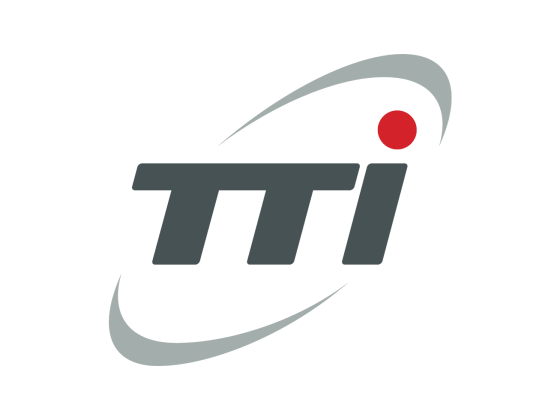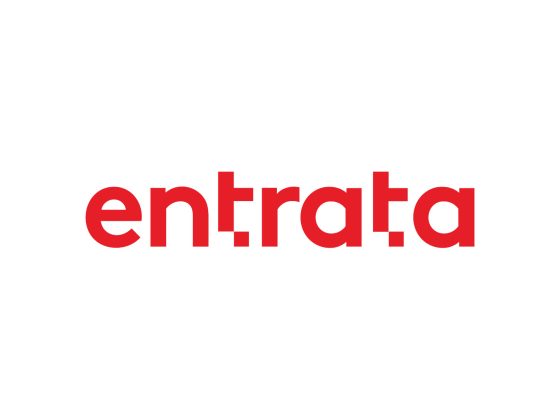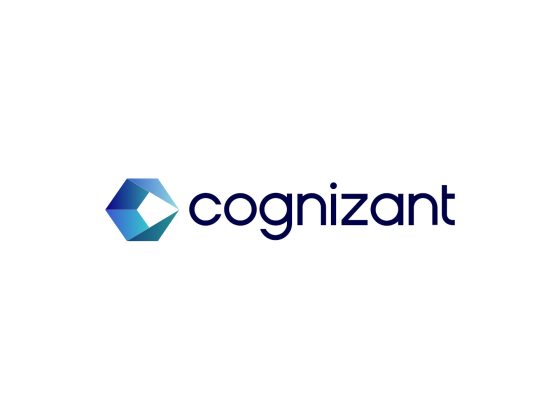In the annals of human mythology, few artefacts are as fascinating as the Philosopher’s Stone – the legendary substance capable of turning base metals into precious ones, a symbol of mankind’s quest for transformation and transcendence. Today, in the digital age, a modern analogue of the Philosopher’s Stone has emerged: software. Like the mythic Stone, software has the power to transmute the intangible – ideas, creativity, intellectual labour – into palpable value, into capital.
Alchemy in the Digital Age.
The essence of alchemy lies in transformation, taking something ordinary and converting it into something extraordinary. Software development can be seen as a form of digital alchemy, a process that takes the raw materials of human creativity and intellect and, through the crucible of coding, transforms them into applications, systems, and platforms that drive economies and societies.
The symbols and syntax of coding languages are the alchemical formulae of the 21st century. These digital spells, when conjured by skilled practitioners, become software that can revolutionize industries, alter the trajectory of businesses, and reshape societal norms.
Imagination to Innovation.
The heart of software, like alchemy, is the imagination. It is the realm where the boundaries of reality become fluid, where new possibilities are conceived and born. The alchemist imagines a world where lead can become gold, where the ordinary can become extraordinary. Similarly, a software developer imagines a world where lines of code can turn into a life-saving medical application, a global social networking platform, or an AI capable of pushing the boundaries of human understanding.
Imagination fuels innovation in software development, birthing groundbreaking technologies like machine learning, blockchain, and virtual reality. In this realm, creativity, logic, and problem-solving are intertwined in a unique dance, sparking technological revolutions and heralding the dawn of new digital eras.
The analogy of software as the modern Philosopher’s Stone offers a compelling narrative of the transformative power of digital technology.
Labour and Knowledge. The Catalysts of Transmutation.
The process of transmutation in alchemy isn’t simply a case of wishing base metals into gold. It requires knowledge, understanding, and laborious effort. Similarly, software doesn’t manifest from mere ideas. The transformation of creative concepts into viable software requires skill, expertise, relentless labor, and a deep understanding of the problem domain. This intellectual work, applied judiciously, catalyzes the transformation of concepts into code, ideas into applications.
Software. A Vessel for Value.
Just as the Philosopher’s Stone was said to create wealth by transmuting base metals into gold, software transforms the raw, intangible resources of intellect, imagination, and labour into substantial value. Software has become a cornerstone of modern economies, driving growth, enabling efficiencies, and unlocking new revenue streams.
Companies that excel in software development and deployment often command higher market values, even if their physical assets are minimal. Think of how Airbnb, with no real estate of its own, has transformed the hospitality industry, or how Uber, without owning a single car, has revolutionized transportation.
The analogy of software as the modern Philosopher’s Stone offers a compelling narrative of the transformative power of digital technology. It underscores the capacity of human creativity, intellect, and labour, when applied through the medium of software, to bring about a new kind of alchemy – an alchemy that transmutes ideas into impact, creativity into capital, and imagination into innovation. It is an alchemy that is defining the trajectory of our collective future.












